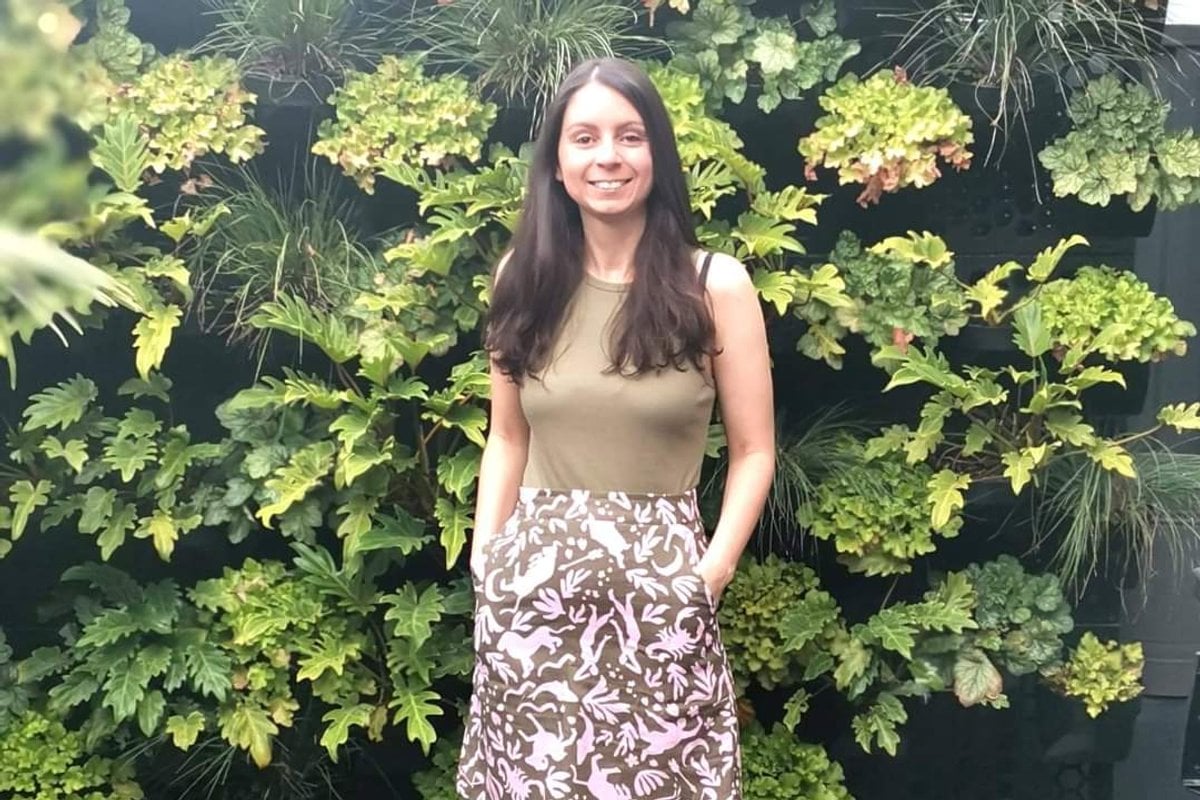
This story mentions pregnancy loss and miscarriage.
My first miscarriage was at 12 weeks and two days. My partner and I had already told family and friends we were expecting a little girl. I knew miscarriages happened, but somehow it felt like it wasn’t something that would happen to me.
I was watching The Block. My cat felt uncomfortable as it lay on my belly. When I went to the bathroom, all I saw was a flood of red.
I took time off work. I grieved, every part of my body aching for the baby I had lost. My usually healing walks in nature became torture every time I passed a mother with her young baby held tight to her chest, or a little girl playing with sticks on the side of the path. "We're expecting" announcements on social media would hit me in the face like a tonne of bricks. I’d hide each post and try to forget I’d ever seen it.
Watch: Is abortion legal in Australia? Post continues after video.
I wanted desperately for my second pregnancy to be a time of joy and hope. Instead, my brain kept reliving the night of the miscarriage, over and over and again. I worried constantly about having another one. The thoughts would haunt me while out for a walk or having dinner with friends. I became afraid of leaving the house in case it happened then.

Top Comments